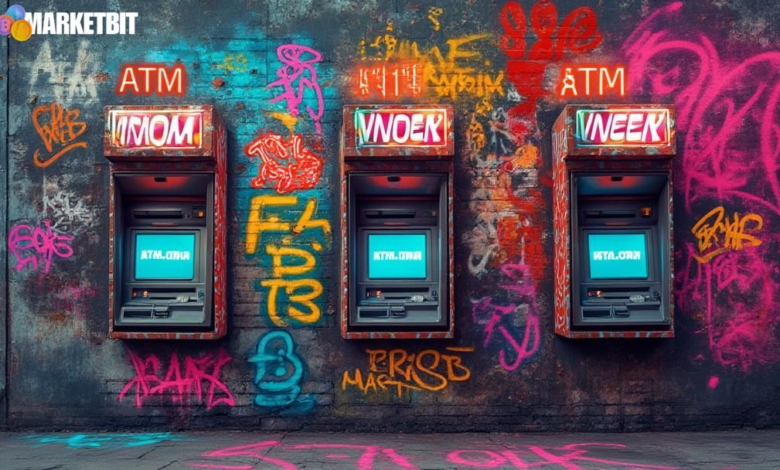Spokane City Council Bans Cryptocurrency ATMs

- Spokane Council bans crypto ATMs citing safety concerns.
- Action taken to reduce fraud risks.
- Potential impact on local crypto transactions.
Spokane’s ATM ban addresses rising scams, impacting local usage but not broader markets. The decision comes amid growing safety concerns and aligns with actions in other US cities.
City Council’s Decision
The Spokane City Council led by Paul Dillon and Betsy Wilkerson, enacted a ban on virtual currency kiosks, commonly known as crypto ATMs. The June 17 vote responded to persistent fraud-related issues involving these kiosks.
Councilmember Dillon and President Wilkerson, who previously advocated for state-level regulation, were key proponents of the ordinance. They proceeded with the local ban due to the absence of state intervention, citing the increasing urgency to tackle fraudulent activities.
“We have to act urgently, as the scams linked to these kiosks are increasing. A legal review has helped us move forward with this ban.” — Paul Dillon, Councilmember, Spokane City Council
Impact and Broader Trends
The ban’s immediate impact is mainly on local users, as the kiosks served as a primary entry point for retail investors into cryptocurrencies such as Bitcoin and Ethereum. Spokane police have reported significant scam cases linked to these kiosks.
The city aims to mitigate further losses from crypto kiosk scams, which cost Washington state residents about $142 million in 2023. However, global markets are unlikely to experience any significant repercussions due to the ban.
Previous bans in places like Stillwater, Minnesota, show a focus on consumer safety. While retail onboarding may decrease in Spokane, these moves show a trend towards increased scrutiny of cash-to-crypto platforms, as noted in the 2023 IC3 Cryptocurrency Annual Report.
Increased regulatory actions could stem from rising contact fraud issues. Spokane’s decision aligns with efforts to curb retail crypto scams, though widespread regulatory changes might follow depending on outcomes in these early adopting cities.




